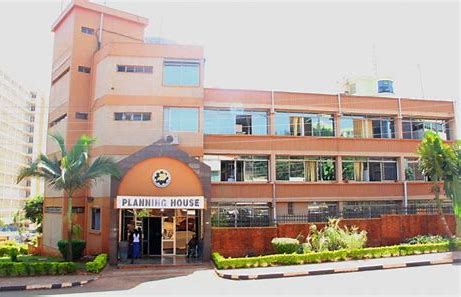
In his article What can action research and transdisciplinarity learn from each other?, published in 2017 Danilo R. Streck draws his insights from a question asked by a citizen in South Brazil during a participatory budget meeting thus: “Our community is constantly affected by terrible floods that not only destroy our houses, but are the cause of sicknesses of our children”
According to Streck, the question raised multifarious issues concerning the deforestation of riverbanks, the deficient sewage system, contested land ownership and land occupation, among others. Apparently, these issues are today bedevilling Uganda as nomadic pastoralists, some in government, some refugees from Rwanda and Mulenge in DRC, and some evicted from Tanzania by President Jakaya Kikwete during his reign, are on rampage grabbing land from the traditionally settled communities of Bantu and Nilotic ethnicities.
Revealing that their research in Brazil by their research team was primarily interested in citizenship education and in supporting it through studying what makes learning possible (pedagogical mediation) within discussions about the allocation of resources for the public budget, Streck asserts that stories like this one remind us of the limits of a simplistic approach (usually disciplinary or of power origin) to understanding citizenship. In this case, citizenship and citizenship education was clearly related to health, to ecology, to urban planning, to farming, among other fields of acting and knowing.
In Uganda, whole ecosystems and agroecological systems are being destroyed either by false policies intended to serve greed and selfishness or by total neglect of civilisation, thereby undermining ecological security, environmental security, climate security, food security, health security and futures security.
Unfortunately, the powers that be consider military or physical security worth far more spending the public budget on, far in excess health, environment, climate, et cetera. Rural planning is completely ignored and urban planning is done in a reactionary manner.
Planning is often expected to be done by something called Uganda Planning Authority, behind curtains and on carpets in Kampala, often without the involvement of the citizens. Thus the strategy in planning is “planning for but not with the citizens”. This is exactly what obtains in science, which is preferred by government where science is done for society, not with society, at great financial cost.
In the end such planning and science ends up being disruptive, serving as it does, destructive development and continued domination of citizens just as was the case during orthodox British colonialism.
One may ask: if there is a planning authority doing planning, why has it chosen conspiracy of silence when nomadic pastoralists are on rampage almost unconstrained by the state to which the Uganda Planning Authority is integral? The National Environmental Management Authority and the Uganda Wildlife Authority have joined the Uganda Planning Authority in enjoying the conspiracy of silence towards the excesses of the marauding grass-cattle culture, which is invading everything that used to make Uganda a civilised country.
One may even say there is no effective planning at all. One may also say there is no effective environmental management nor wildlife management in the country. It is now political power and the grass-cattle culture unity dictating the futures of our ecology, agroecological economy, environment, wildlife and whole human communities.
We need to take action research seriously. Action research is broadly understood as collective (self) reflection in action within situations that one wants to change. It should no longer to be taken just as an exercise of disciplinary transgressions. That will not save our ecology, our environment, our wildlife, our agroecological farming systems, our climate or ensure us of holistic security.
The challenge is how we disconnect the political forces at the centre from the marauding grass-cattle culture. There is no doubt that the behaviour of the people of the grass-culture and, especially their arrogance towards the traditionally settled communities stem from the conspiracy of silence that characterises government as the general outcry of indigenous communities against land grabbing proliferates in the whole country.
Some voices have said that the overconcentration of government on politics is at the expense of continued identity and survival of the indigenous communities of Uganda, and to the advantage of the rising and spreading grass-cattle culture.
“It is a disempowering politics on the part of the indigenous communities, and an empowering politics on the part of the people of the grass-cattle-culture school of thought maintains. The same school argues that centrally mediated nomadic pastoralism and modern-day settlement at the expense of traditionally settled indigenous groups of Ugandans is the single-most threat to the security of Uganda in all of its diverse dimensions.
Therefore, the future of Uganda will be determined, not by science, as we are these days frequently told, but by to what extent the NRM regime continues and will continue to look on as marauding people of the grass-cattle culture grab land from the traditionally-settled communities of Ugandans. We need transdisciplinary studies to seriously unravel the threats of the grass-cattle culture in Uganda today and in future. The threats may as well spread to other parts of East Africa and Great Lakes Region.
For God and my country.
- A Tell report / By Prof Oweyegha-Afunaduula, a former professor in the Department of Environmental Sciences of the Makerere University, Uganda











